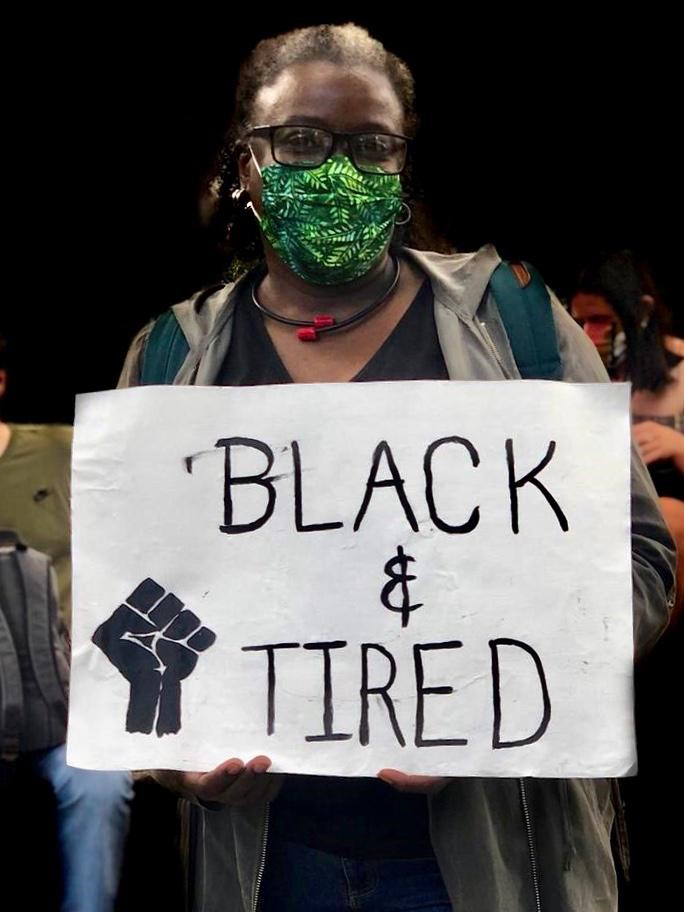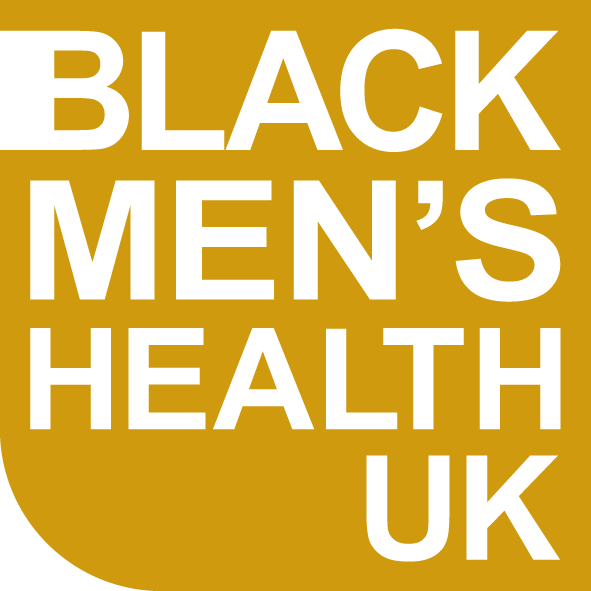The Johns Hopkins Bloomberg School of Public Health has been running a series on racism as a public health crisis.
Dr Keshia Pollack Porter talks with Hopkins professor Dr Roland J. Thorpe, Jr., and Dr Marino A. Bruce, faculty at the University of Mississippi Medical Center, about the impacts of racism on black men’s health. They discuss what stands in the way of basic care for many black men to have a good quality of life, and their focus is not only on making sure black men survive but also thrive.
I have started reframing and talking about Black men from a strength-based approach to try to counter this internalized racism. We’re meaningful people. We’ve made meaningful contribution to society for a number of years.
DR Roland J. Thorpe, Jr.
Key points raised
- Important not to only focus on the ill health of Black men but to also focus on them leading thriving, healthy lives.
- Important to encourage a culture of more regular health check-ups to allow earlier diagnosis of any problems.
- Important to build trust in health systems.
- Increase the visibility of Black men in positive stories on health.
- The structures that define Black men’s health need to be interrogated.
- Reframing and talking about Black men from a strength-based approach to try to counter internalised racism.




